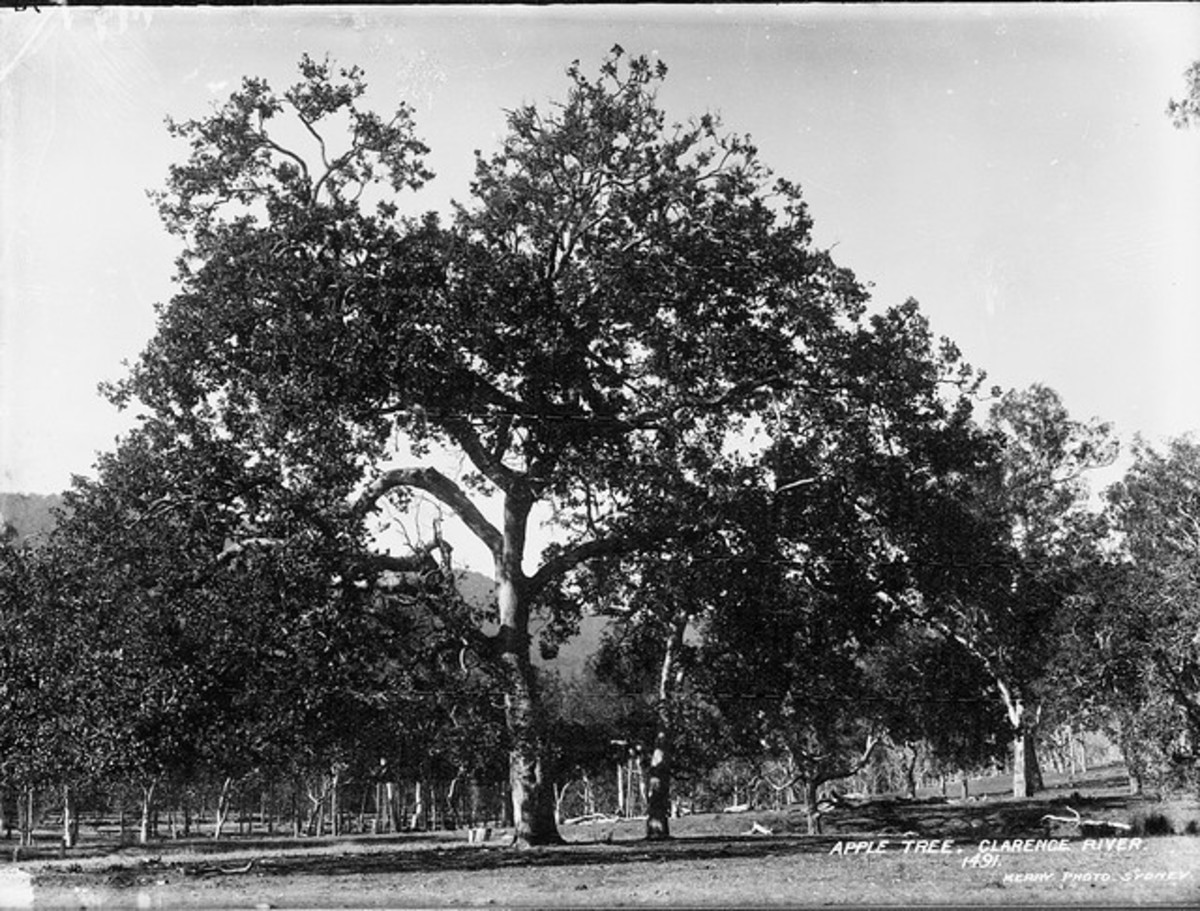Nutritious Foods from the Bible
In the first chapter of Genesis God said, "See, I have given you every herb that yields seed which is on the face of all the earth, and every tree whose fruit yields seed; to you it shall be for food." (Gen. 1:29)
Then in the last chapter of Revelation it states: "And he showed me a pure river of water of life, clear as crystal, proceeding from the throne of God and of the Lamb. In the middle of its street, and on either side of the river, was the tree of life, which bore twelve fruits, each tree yielding its fruit every month. And the leaves of the tree were for the healing of the nations." (Rev. 22:1-2)
God has revealed His plan of nutrition for man. In the Garden of Eden before sin entered into man God gave him herb, seed and fruit. In heaven where there is no sin God also gave man fruit and leaves from the tree. This is an indication that God's nutritious diet for man is herb, seed, fruit and vegetables.
Why is the diet that includes plants and vegetables so nutritious and healthful to man? The reason is very simple. The green leaves from the plants contain chlorophyll that is essential for the production of oxygen through photosynthesis. Chlorophyll's structure has been found to be almost identical to the structure of hemoglobin, a vital component within human blood. The most obvious difference between the two is that the structure of chlorophyll is based around magnesium, while hemoglobin is arranged around iron. Both minerals promote good health for humans.
The Bible discusses a wide variety of foods within its pages.
"Therefore you shall keep the commandments of the LORD your God, to walk in His ways and to fear Him. For the LORD your God is bringing you into a good land, a land of brooks of water, of fountains and springs, that flow out of the valleys and hills; a land of wheat and barley, of vines and fig trees and pomegranates, a land of olive oil and honey." (Deut. 8:6-8)
Each one of these seven foods is of high nutritional merit.
Wheat
Of all the foods mentioned in the Bible, assuredly none holds a higher position of importance than wheat. Both the Bible and archaeology show that wheat was one of the main staple foods of ancient times and some form of it was probably eaten at every meal. Time and again in the Bible, a bountiful wheat harvest is portrayed as a blessing from God to His people.
"Praise the LORD, O Jerusalem! Praise your God, O Zion! For He has strengthened the bars of your gates; He has blessed your children within you. He makes peace in your borders, and fills you with the finest wheat." (Psm. 147:12-14)
Wheat was also used as a symbol for the dying and resurrecting Savior. Wheat is the symbol of eternal life. It doesn't really die. It goes into the ground and is transformed and reborn again.
"Most assuredly, I say to you, unless a grain of wheat falls into the ground and dies, it remains alone; but if it dies, it produces much grain." (Jn. 12:24)
One wheat berry can be planted in the right soil and from that berry will sprout up a whole stalk of wheat that will contain some 30, 60 or 100 fold new berries. You can see the Lord Jesus Christ, like one wheat berry being planted into the ground by His death, burial and resurrection have produced a whole field of wheat grain over and over again. So it is with the Kingdom of God.
Wheat is a high-fiber grain, loaded with B-vitamins and folic acid, which can help prevent heart disease and certain birth defects. Nutritionally, wheat does seem to contain it all. It is an excellent source of protein, fat, and carbohydrates as well as vitamins, minerals and enzymes. Wheat truly is a special gift from God and every aspect of this sacred grain should be considered for good health.
Barley
Barley, like wheat, is a highly nutritious grain and is mentioned close to 40 times in the Bible. In ancient Israel, its growing season and harvest actually came before wheat and it was the first crop of the year.
In one of the greatest miracles ever performed our Lord Jesus Christ took five barley loaves and two small fish and multiplied the food to feed five thousand people (Jn. 6:1-14)
Barley is rich in in vitamins, minerals, protein and fiber.
Vines
Of all the plants mentioned in the Bible there is none more significant in symbolism of the Lord Jesus Christ than the vine. Our Lord Jesus Christ calls Himself "the True Vine." (Jn. 15:1) In the Holy Communion our Lord used "the fruit of the vine" to spiritually transform into His blood of the New Covenant. (Mt. 26:26-29) Grapes and wine are mentioned many times in the Bible, and are still an important part of Christian and Jewish ritual. Wine was used not only as a beverage, but also as a healing compound; it was used to disinfect wounds and, mixed with myrrh, acted as a painkiller. Grapes are a great antioxidant and grape skins contain a substance called resveratrol, which some researchers think can be beneficial in fighting cardiovascular (heart) diseases and cancer.
Figs and Dates
One of the earliest cultivated fruits, figs, figured prominently in the Bible. In the Garden of Eden, Adam and Eve made their first garments from fig leaves.. Modern research has found that figs and dates are high in fiber and antioxidants, and figs contain an enzyme that is considered a digestive aid.
Pomegranates
In the Song of Solomon pomegranates were used to describe the beauty of his beloved. (Songs 4:1-3) King Solomon is reported to have cultivated a large pomegranate grove as a display of his wealth. (Songs 4:13) Eaten whole or juiced, these delicate fruits are potent antioxidants, and some studies suggest pomegranate juice may contain almost three times the antioxidant ability of green tea or red wine.
Olives
References to the olive are scattered throughout the Bible: The olive branch was a symbol of peace brought to Noah after the Great Flood, and olive oil was poured into the wounds of the man on the road by the Good Samaritan. Considered a fruit, olives were eaten whole as food and pressed to make oil for cooking and medicinal uses. Today we know more about the healing benefits of olives and olive oil: They contain monounsaturated fatty acids, which can lower cholesterol levels and reduce the risk of cardiovascular disease.
Honey
In the Bible honey is mentioned quite often. It is most frequently used to say how sweet something is. "And I took the little book out of the angel's hand, and ate it up; and it was in my mouth sweet as honey." (Rev. 10:10) John the Baptist depended on honey for his survival: "And John himself was clothed in camel's hair, with a leather belt around his waist; and his food was locusts and wild honey." (Mt. 3:4)."
Honey is a sweet fluid made by honeybees. The bees make honey to feed the baby bees (larvae). Also, they need honey in order to stay alive during the winter. It is stored in aged honeycombs by the bees.
There is no mention of beekeeping in the Bible, but wild honey was plentiful. It's a store house of natural energy. Honey contains boron, a vital mineral sadly lacking in the modern diet. It has tranquilizing powers, and can aid in healing wounds.







